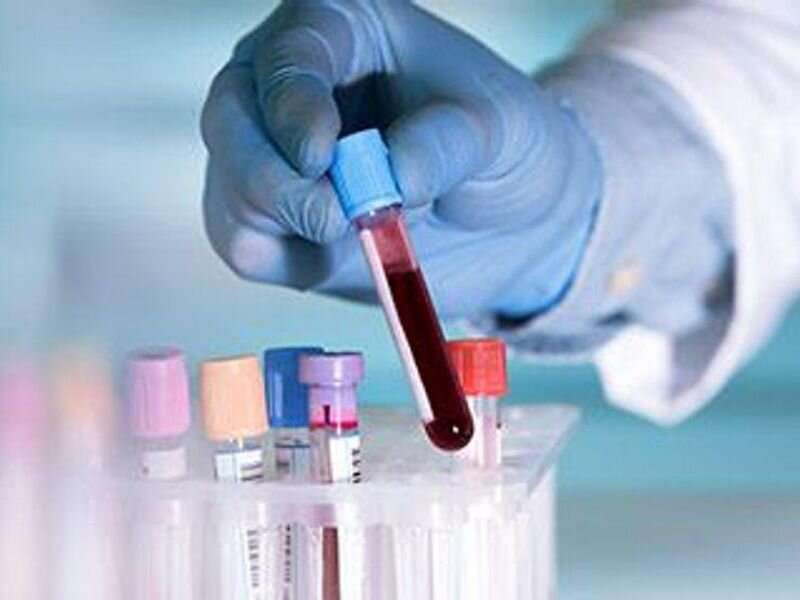Severe acute respiratory syndrome coronavirus 2 (SARS-CoV-2) seropositivity is not associated with low vitamin D levels, according to a study published online May 19 in JAMA Network Open.
Yonghong Li, Ph.D., and colleagues from Quest Diagnostics in San Juan Capistrano, California, conducted a cohort study involving employees and their spouses who elected to be tested for SARS-CoV-2 immunoglobulin G (IgG) in August to November 2020. Data were included for 18,148 individuals with SARS-CoV-2 IgG tests and vitamin D levels from the prepandemic and pandemic periods.
The researchers found that 5.0 percent of participants were seropositive. SARS-CoV-2 seropositivity was not associated with having a vitamin D level less than 20 ng/mL before or during the pandemic in models adjusted for age, sex, race/ethnicity, education, body mass index, blood pressure, smoking status, and geographic location; there was also no association for having a vitamin D level less than 30 mg/mL before or during the pandemic. In propensity score analyses, the results were similar. There was an association noted for SARS-CoV-2 seropositivity with obesity (odds ratio, 1.26), not having a college degree (odds ratio, 1.40), and Asian, Black, Hispanic, and American Indian or Alaska Native and Native Hawaiian or other Pacific Islander race/ethnicity (odds ratios, 1.46, 2.74, 2.65, 2.01, respectively); inverse associations were seen for high blood pressure, smoking, and residing in the Northeast and West of the United States (odds ratios, 0.82, 0.60, 0.75, and 0.54, respectively).
"These findings do not support the hypothesis that vitamin D plays a role in susceptibility to SARS-CoV-2 infection," the authors write.
Quest Diagnostics provided funding for the study.
More information: Yonghong Li et al, Assessment of the Association of Vitamin D Level With SARS-CoV-2 Seropositivity Among Working-Age Adults, JAMA Network Open (2021). DOI: 10.1001/jamanetworkopen.2021.11634
Journal information: JAMA Network Open
© 2021 HealthDay. All rights reserved.
























